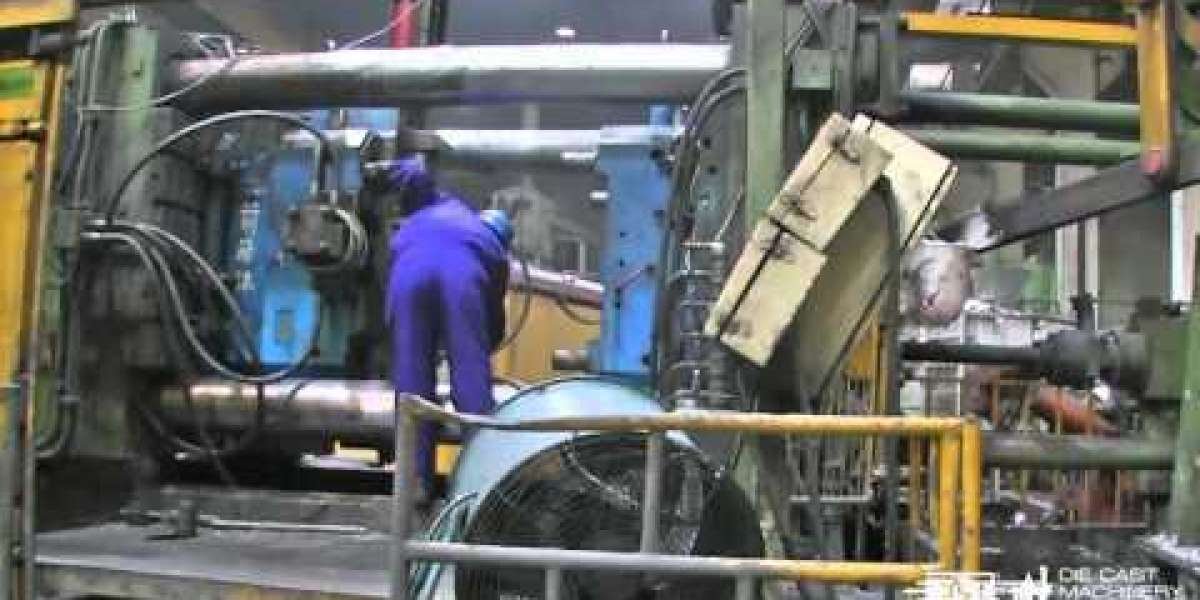According to the American Corrosion Society, corrosion resistance is the ability of a metal to withstand damage caused by oxidation or other similar chemical reactions over an extended period of time without succumbing to those reactions. According to this definition, it refers to a metal component's capability of withstanding various environmental conditions while retaining its functional integrity and dependability. When it comes to products, some people are concerned about the appearance of the product, while others are concerned about the functionality of a component that willaluminum die casting partsbe used for an extended period of time.
Aluminum Die Casting and Corrosion ResistanceResistance and resiliency are two important factors to consider in any situation.
A corrosion-resistant alloy that is also capable of withstanding high temperatures (200 degrees Fahrenheit or higher) may be the most appropriate material to use in certain situations. Aluminum has always appeared to be at risk of corrosion when subjected to extremely harsh environments, and this has been the case for quite some time. The lifespan of aluminum components, when compared to other die-cast alloys, is typically significantly longer in the vast majority of situations.
Even if the external surface of the aluminum component has been damagedzinc alloy die castingby corrosion, it is possible for the aluminum to repair itself over time. Aluminum is well-known for its ability to withstand some of the most difficult working environments, which makes it an excellent choice for applications where component functionality is critical.
In a wide range of applications, aluminum is frequently used, including electronic component housings, lighting fixtures, marine hardware (including anchors), and antennas, to name a few examples. Aluminum is also used in the aerospace and defense industries, among other things. While raw aluminum is less visually appealing than other materials, the durability of corrosion protection is unmatched, and it can be finished in a variety of ways, including the ones listed below:
Anodizing is a type of painting in which aluminumdie casting servicesis coated with a protective layer of aluminum oxide, which serves as a barrierdie casting defects causes and solutionsagainst corrosion.
Metal surfaces are given a glossy appearance by applying powder coating, which is a type of finish that is applied to metal surfaces.
It is a type of protective coating that is used to keep things safe from harm.
Electroplating (E-Coating) is a type of plating that is applied to metallic surfaces.
Zinc is a chemical element. Zinc-based materials for die casting and corrosion resistance are available.
Although the corrosion resistance characteristics of all zinc-based alloys are excellent, their behavior differs from that of aluminum-based alloys in that they behave in a slightly different manner. When compared to aluminum, which has the ability to self-heal, zinc will gradually deteriorate and degrade over time, and will eventually fail. Zinc, although it does not have the same long-term durability as aluminum, can last as long as aluminum depending on the working environment. It also has a greater variety of surface finishes to choose from, whereas aluminum does not.





